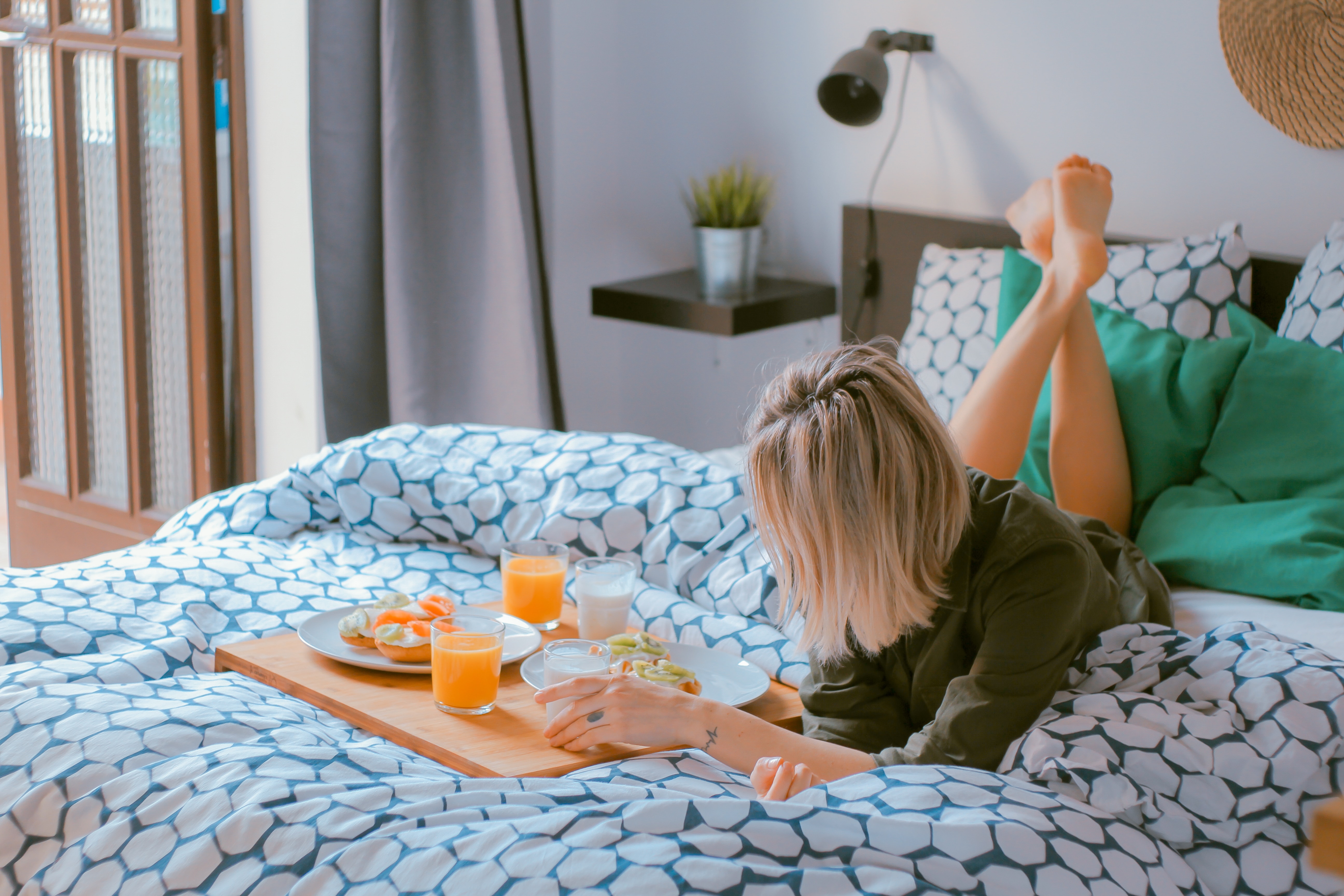A lot is being said about stress, burnout and self care of late. Despite a bunch of experts telling us that self care is important for our health, happiness and performance, many of us seem unable to identify and stick to a self-care plan in real life.
Self care includes everyday activities that enhance health, prevent disease, manage illness and restore mental and physical health. We generally know what to do to for our own wellbeing—slow down, sleep well, exercise, eat well, connect and do nice stuff—so why do we struggle to do it?
Those who know the most about the importance of self care can be the least likely to apply it in their own lives. Doctors, nurses and allied health professionals are a workforce susceptible to burnout. Working long hours, doing shift work, daily exposure to human suffering and with life or death consequences for work errors. They are also some of the more educated professionals when it comes to understanding the importance of self care. So if knowledge is not enough to promote meaningful behaviour change, what more is needed?
Self care in health
A year-long US research trial teaching hospital staff to implement their own self-care plan may shed some light on this problem. Health researchers, De Freitas and Deutsch, noticed the limited uptake in self care behaviour of medical professionals and believe they have identified a key barrier to change. It seems in all our self care planning we are missing one vital ingredient—love. Not the passionate love of romance novels, rather an unconditional, positive self-regard.
Their Love2Care behavioral training program integrates evidence-based lifestyle information and health coaching strategies—sounds like a pretty regular self-care intervention. They then added the vital ingredient of unconditional self-love training, as a way of addressing the inner resistance that many healthcare professionals have to self-care behavior.
Love as nourishment
De Freitas’s theory of love classifies love as an energy that nourishes and re-vitalises us; an energy that we can get from another person, be it a partner or a stranger, and also give to ourselves. He believes that love is an energy with the same life sustaining qualities as air, food and water.
Deutsch and De Freitas teach participants to first learn to love themselves, to view taking care of their own health and wellbeing as an act of love, and finally to implement their personalised self-care plan. While they are yet to publish their results, making it hard to make any definitive conclusions, their preliminary findings sound promising.
“By empowering physicians and nurses to embrace self-care through self-love we have seen a significant improvement in burnout markers, such as decreases in depersonalization, emotional exhaustion, stress perception and improvement in professional satisfaction.” De Freitas said.
Now some of us may be a little wary of the term self-love. Culturally we are taught that it is egotistical and perhaps a little selfish. But what if we thought about it as simply appreciating our very existence? It is more about acceptance than ego; about knowing our limitations and imperfections. It is about teaching others how to treat us by showing them how we treat ourselves. By truly being able to love ourselves, warts and all, we can care for ourselves, and we can then love and care for others.
“We can only love others as much as we love ourselves.” Brene Brown
Busy, busy, busy
This concept of self-love and self-worth is evident in the work of popular US academic, Brene Brown. Her research identifies one key reason why we repeatedly fail to truly care for ourselves and live a more balanced, present and connected life—our cultural addiction to “busyness”.
“Being busy” she says, has become a status symbol and exhaustion the hallmark. Our value in life is caught up in how busy and important we look to others. We pursue achievement and to-do lists over making time for sleep, exercise and social connection. We seem to have developed such an aversion to being perceived as “lazy” or “unproductive” (code for unloveable) that we have found ways to push harder, be more efficient and maximise every moment of our day. Who hasn’t taken their mobile phone to bed or the bathroom with them?
The wholehearted
Fortunately, we are not all slaves to the busy life. Brown notes that there is a section of the population that know how to thrive, that know they are worthy of love, and know how to care for themselves. She calls these people the “wholehearted”. Wholehearted people make small choices everyday to prioritise their health and wellbeing, to say yes to what matters, and no to what doesn’t. They know that in order to care for and connect with people they first have to care for and connect with themselves. At times this means being vulnerable, but also being courageous and facing up to our imperfections with an open heart and mind.
So if you really want to kick start your self care plan and overcome any internal resistance, start by practicing a little self love. Why? Because you are worth it.


